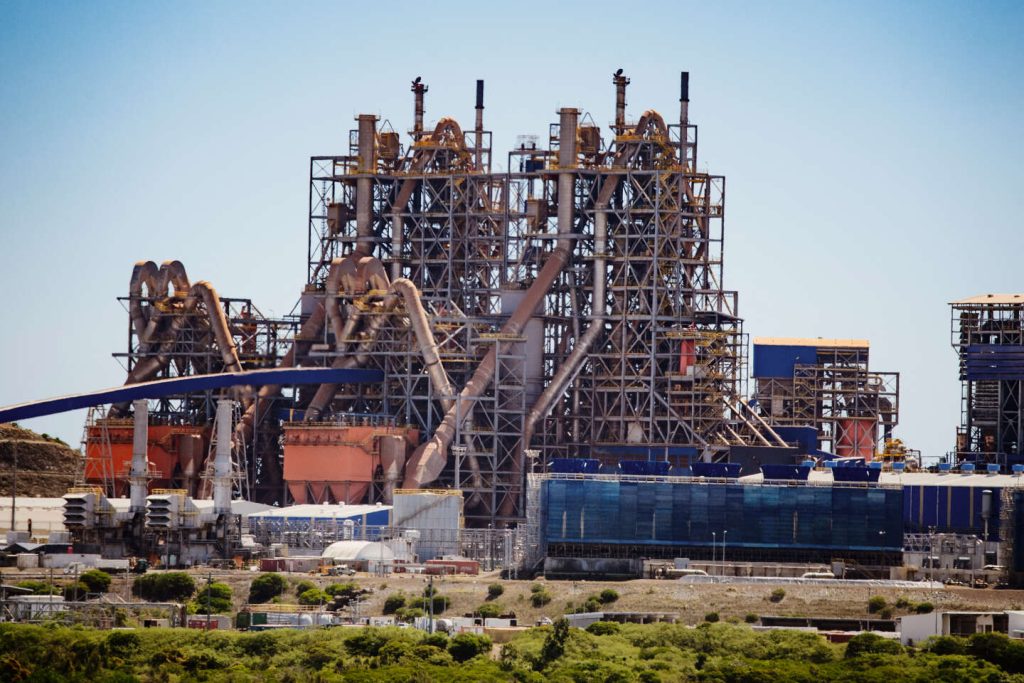The Koniambo Nickel SAS factory in Vavouto, near Koné, New Caledonia, on February 28, 2024, has faced hurdles for President Louis Mapou. The Congress of New Caledonia has twice refused to authorize him to sign the “nickel pact” proposed by the State, with only opposition members supporting an immediate signature. The pact, aimed at saving the failing nickel industry, requires New Caledonia to contribute 66.2 million euros towards the energy costs of the three local nickel producers. The urgency is evident as the industry faces record losses and two of the three factories have required emergency loans to avoid bankruptcy.
The New Caledonian territory, with a population of 270,000, is already in a precarious financial situation. The government calculates that the territory’s debt stands at 170%, with social accounts in a deficit of 82.7 million euros annually, and the local electricity provider is undergoing financial restructuring. The only identified means to finance the required 66.2 million euros is through a rise in the general consumption tax, the Calédonian equivalent of VAT. However, the State has previously requested the creation of 248 million euros in new taxes in light of emergency loans taken during the Covid-19 crisis.
Philippe Michel, leader of the non-independence party Calédonie ensemble in the Congress, opposes the nickel pact, criticizing the burden it places on Calédonians who already heavily support the industry. To incentivize the construction of the two most recent factories, the territory had granted tax exemptions, leading to an estimated annual loss of 165.6 million euros in revenue. This has compounded the financial strain on the territory, with the proposed additional taxes only adding to the burden on the population.
Louis Mapou has acknowledged the imperfections of the pact, recognizing the significant commitments it entails for the territory. The State’s refusal to single-handedly fund the energy costs of the nickel producers has placed significant pressure on New Caledonia to contribute financially. With the three metallurgical factories facing financial turmoil, the situation is dire, with the Koniambo Nickel SAS factory in the North granted a temporary reprieve by its shareholder Glencore as they seek a new owner. The challenges faced by the nickel industry in New Caledonia are exacerbated by the broader economic difficulties facing the territory.
The ongoing impasse over the nickel pact highlights the deep divisions within the Congress of New Caledonia, with political opposition and dissent within the leadership complicating efforts to address the industry’s crisis. The need for a collective solution that balances the interests of the population with the economic imperatives facing the nickel industry is essential. The decision to sign the pact has broad implications for the future of New Caledonia’s economy and the well-being of its residents, necessitating careful consideration and a collaborative approach to finding a sustainable resolution to the crisis.















